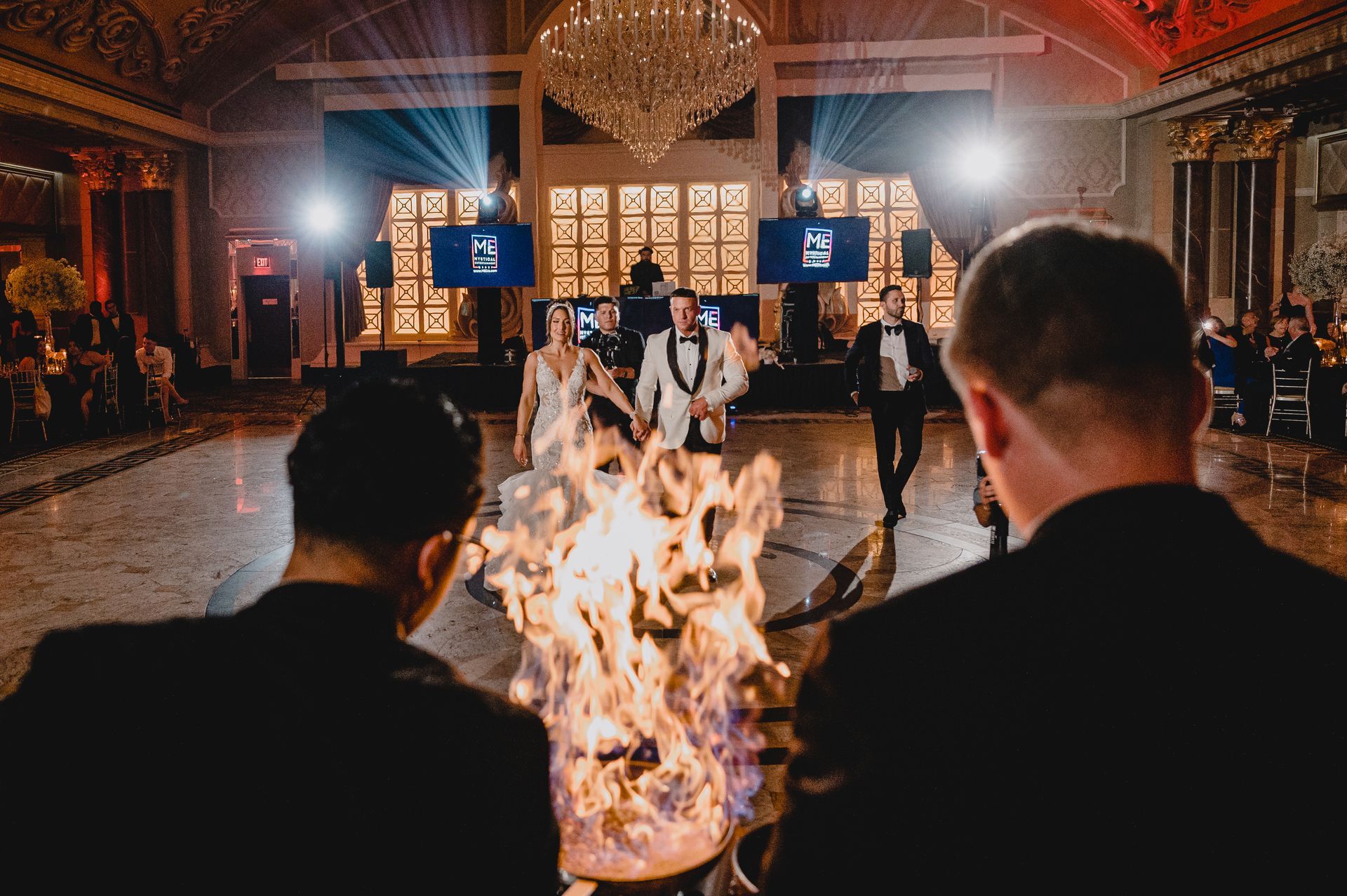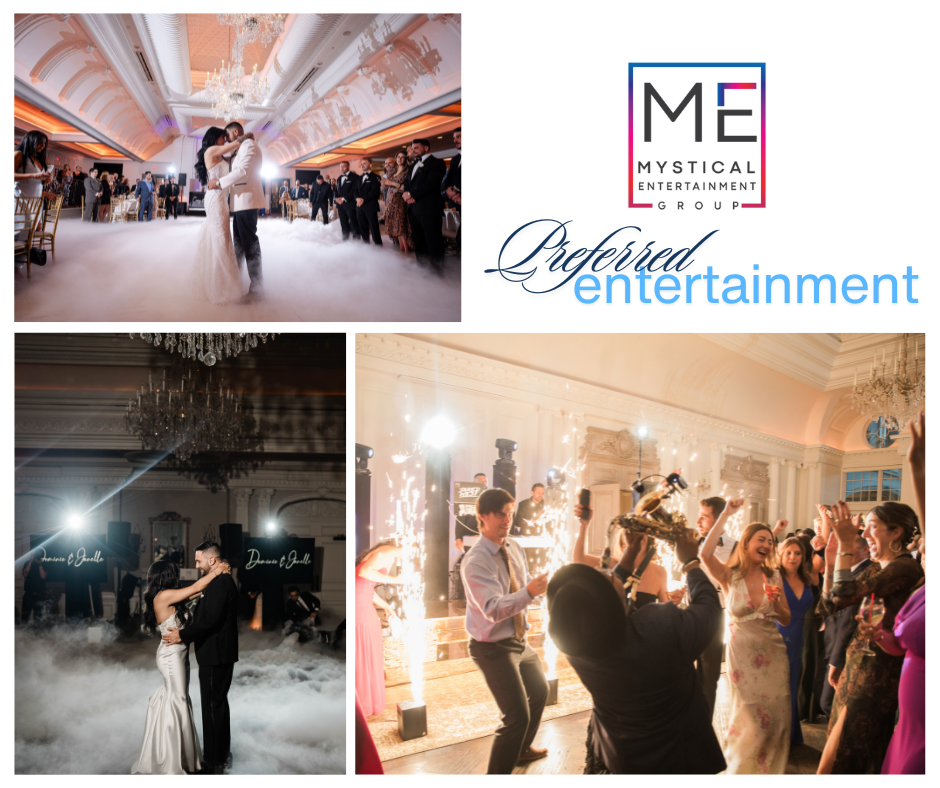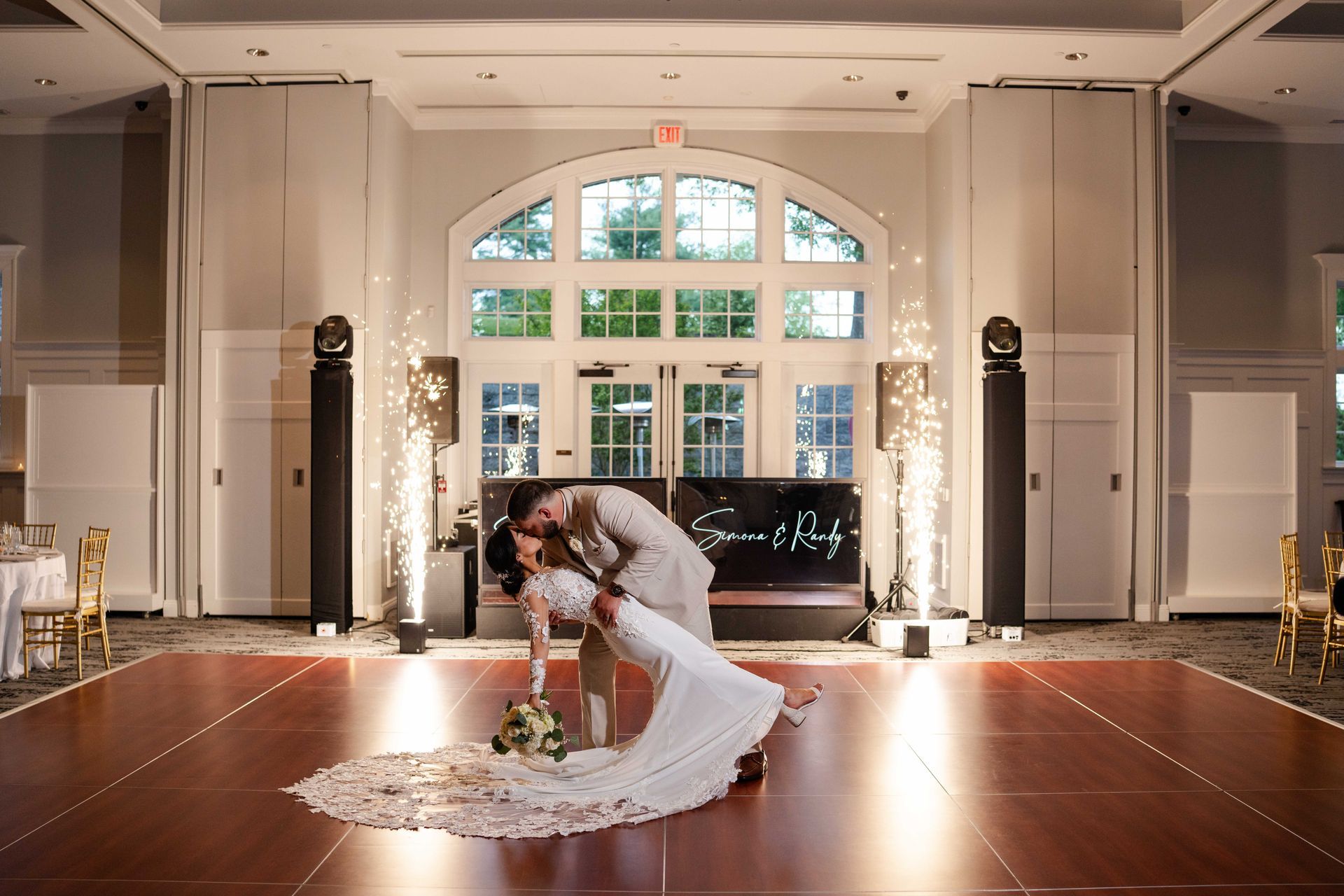BLOG

Networking at corporate events is a vital part of professional growth and business development. It's where first impressions can evolve into long-term partnerships and opportunities. Creating an environment that fosters positive, productive interactions is crucial. This guide delves into strategies for planning and executing corporate events that are conducive to effective networking, including the use of structured activities, thoughtful layout planning, and the integration of entertainment and music to set a conducive tone for conversation.
The Role of Structured Networking Activities
Structured networking activities are designed to break the ice and encourage interactions among participants who might not otherwise connect. One effective activity is 'speed networking,' a method modeled after speed dating, where participants have brief meetings with several people over a short period. These quick exchanges help participants expand their contacts rapidly and can lead to more in-depth conversations during less structured event times.
Implementing Speed Networking
To implement speed networking, organize attendees into two groups. Have one group remain stationary, while the other rotates after each short conversation, typically lasting 3-5 minutes. This setup maximizes the number of new contacts participants can make, and the limited time encourages concise, focused dialogues that cover essential ground efficiently.
Layout Planning for Optimal Interaction
The physical layout of the event space can significantly influence the ease and quality of networking. An open floor plan with varied seating arrangements encourages movement and mingling. High-top tables allow for standing conversations that may be more casual and fluid, whereas lounge areas with comfortable chairs are perfect for deeper discussions.
Strategic Placement of Food and Beverages
Food and beverages should be placed in a way that encourages movement and interaction. Instead of one central buffet or bar, consider multiple stations spread throughout the venue. This setup reduces crowding in one area and encourages guests to circulate, increasing the likelihood of spontaneous interactions.
Choosing the Right Entertainment and Music
The selection of entertainment and music is critical in setting the tone for the event. Entertainment should be engaging but not overpowering, complementing the atmosphere rather than dominating it. Background music should be upbeat enough to energize the attendees but not so loud that it hinders conversation.
Types of Entertainment
Options for entertainment at networking events might include a live band playing soft background music, a magician who can move among the crowd, or interactive technology installations that encourage group participation. Each element should add to the event's ambiance and provide a talking point for attendees.
Training Staff and Facilitators
Staff and facilitators play a pivotal role in guiding the networking process. They should be trained to introduce attendees to each other, highlight common interests, and help foster connections. Their proactive approach can help less outgoing participants become more engaged and ensure that all guests have the opportunity to meet relevant contacts.
The Importance of Approachable Facilitators
Facilitators should be easily identifiable, perhaps wearing badges or specific attire, and be approachable and knowledgeable about the participants. They can act as connectors, facilitating introductions and even suggesting topics of discussion to help get conversations started.
Follow-Up Strategies Post-Event
The real value of networking often comes after the event, through follow-up. Encourage participants to exchange business cards or connect on professional social media platforms. After the event, consider sending a thank you email with a list of attendees or a private group on a social media platform where they can continue their conversations and strengthen the connections made during the event.
Providing Tools for Effective Follow-Up
Offer tools or platforms for attendees to easily capture information about the people they meet. This might include access to a mobile app that stores digital business cards or notes about the conversations they had. Making it easier for attendees to remember who they met and what they discussed can significantly enhance the follow-up process.
Networking at corporate activities is not just about meeting new people; it's about creating meaningful interactions that can lead to collaborative opportunities and mutual growth. By carefully considering the structure, layout, and atmosphere of the event, organizers can greatly enhance the networking experience. Effective planning ensures that attendees not only meet the right people but also enjoy the process, making them more likely to participate in future events and sustain the connections they create.
Ready to take your corporate events to the next level and ensure your networking opportunities are not just plentiful but effective? Our team is committed to turning your networking events into memorable experiences. Contact us today let’s make your next event unforgettable together.










